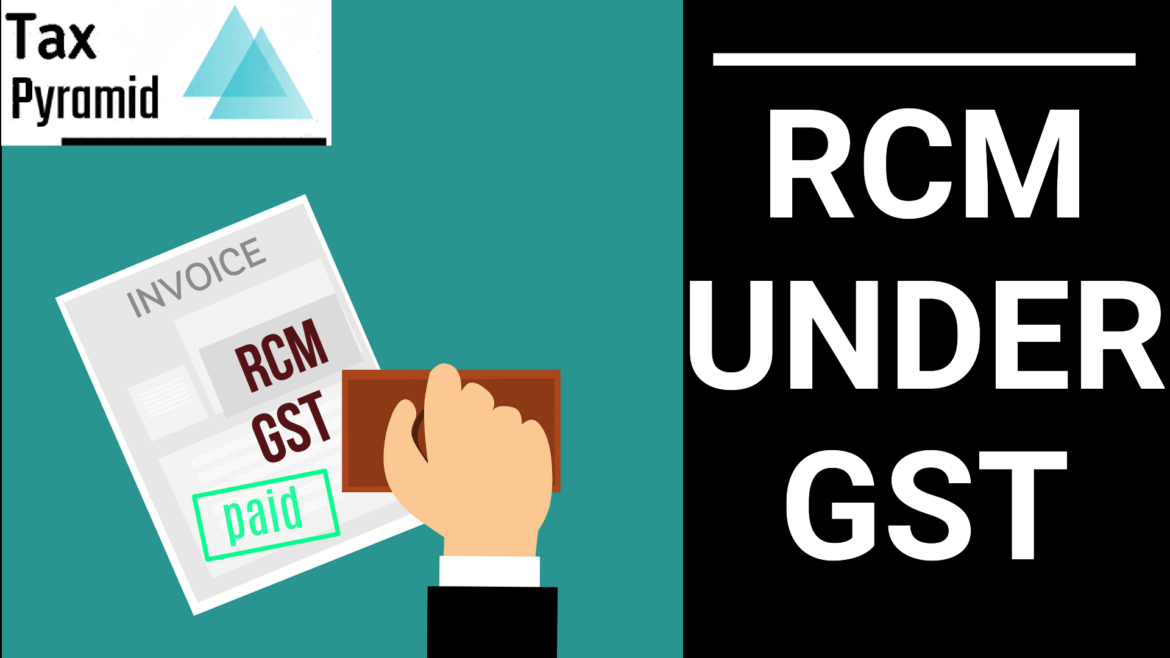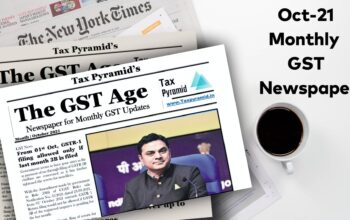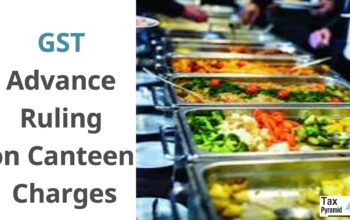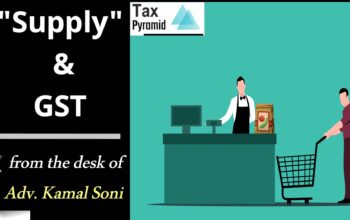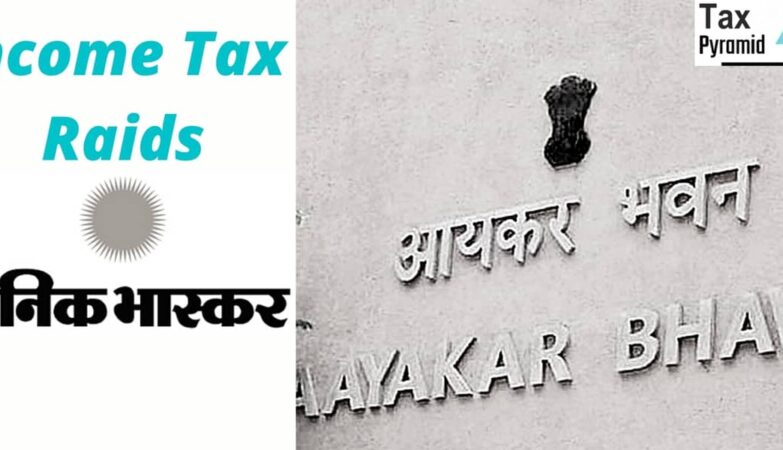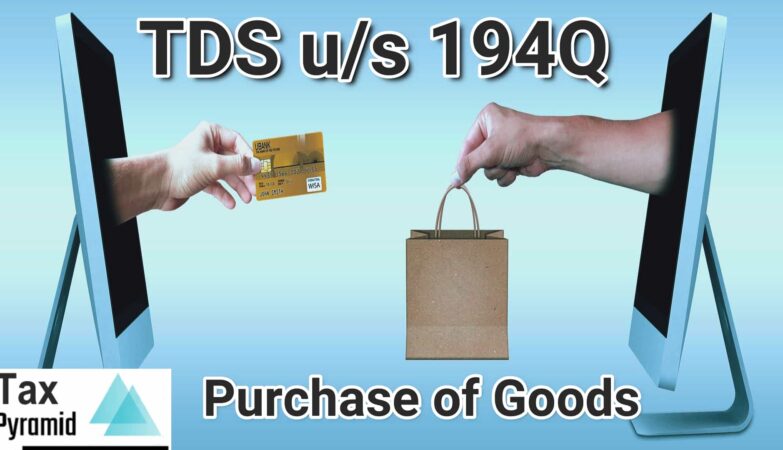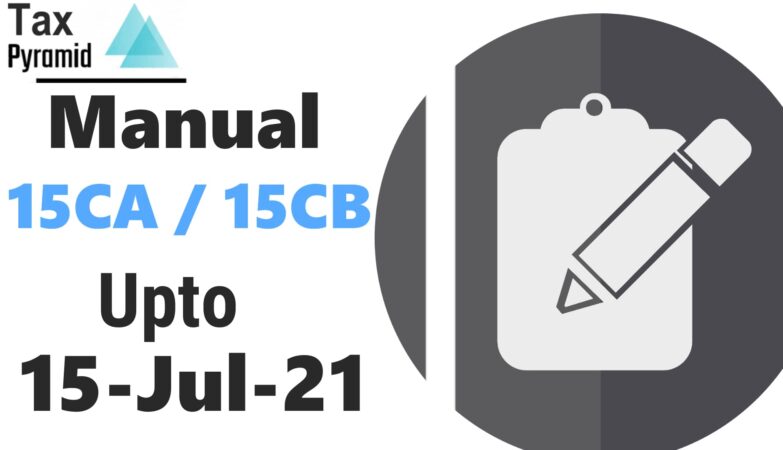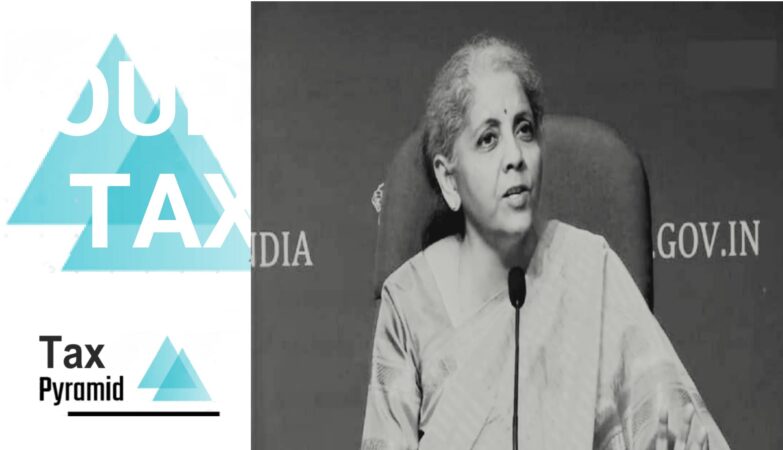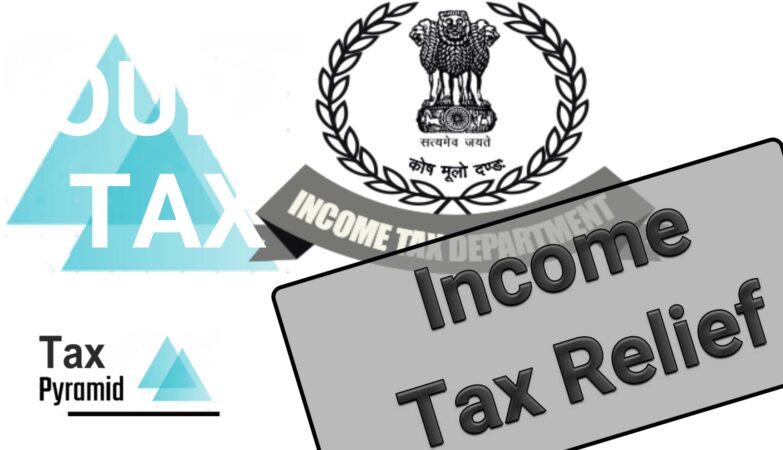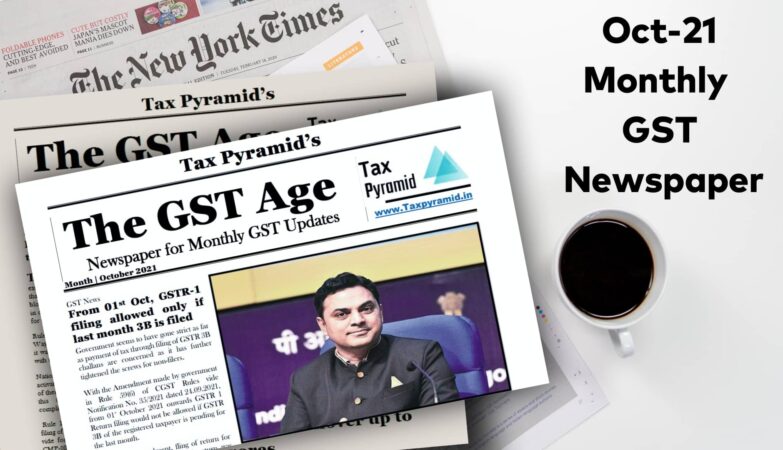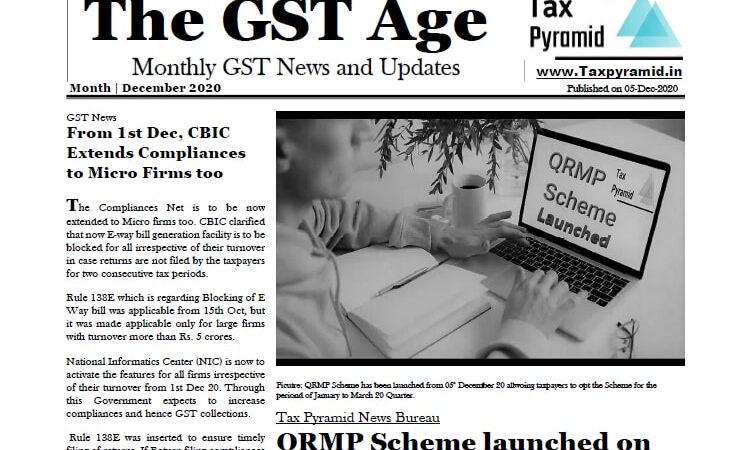Background & raison d’être:
Charge of the tax under reverse charge Mechanism (RCM) was introduced during the period of Service tax. To collect Service tax under RCM or PRCM power was drawn from Section 68 (2) of Finance Act, 1994. Motive of this charge was mainly to enhance tax compliance and to increase tax revenues. Government was unable to collect service tax from various unorganized sectors but through Reverse charge mechanism compliance had gone up. The kindred & similar motives had persuaded to the law makers while designing the structure of GST, to give the renaissance to RCM.
Types of Tax Charges:
There are two types of taxes; one is Forward Charge and second is Reverse Charge. To understand the same in the simple language, meaning of both are given herein below:
Forward Charge: This is the common term where tax is payable by the service provider or by the seller of goods is called as Forward Charge. It is also named as Normal Charge Mechanism.
Reverse Charge: When the liability to pay the tax is shifted upon the recipient of service or goods the same is called as Reverse Charge.
Statutory Provisions of RCM under GST:
Reverse Charge means liability to pay the tax is on the person receiving goods/services instead of the person supplying the goods/services in respect of specified categories of supplies.
Section 2(98) of the CGST Act, 2017.
“Reverse charge” means the liability to pay tax by the recipient of the supply of goods or services or both instead of the supplier of such goods or services or both. It is also known as RCM.
RCM is only applicable under the circumstances which are specifically mentioned in the Section 9 (3) and Section 9 (4), described as under.
Section 9(3):
“The Government may, on the recommendations of the Council, by notification, specify categories of supply of goods or services or both, the tax on which shall be paid on reverse charge basis by the recipient of such goods or services or both and all the provisions of this Act shall apply to such recipient as if he is the person liable for paying the tax in relation to the supply of such goods or services or both.”
This Section speaks about the compulsory reverse charge, even if the supplier is registered.
Section 9(4) of the CGST Act, 2017 provides the provisions of reverse charge and the same is reproduced as follows:
“The central tax in respect of the supply of taxable goods or services or both by a supplier, who is not registered, to a registered person shall be paid by such person on reverse charge basis as the recipient and all the provisions of this Act shall apply to such recipient as if he is the person liable for paying the tax in relation to the supply of such goods or services or both.”
This Section speaks about the reverse charge, if the supplier is not registered.
Section 5(4) of the IGST Act, 2017, also provides the provisions of reverse charge and the same is reproduced as follows:
“The integrated tax in respect of the supply of taxable goods or services or both by a supplier, who is not registered, to a registered person shall be paid by such person on reverse charge basis as the recipient and all the provisions of this Act shall apply to such recipient as if he is the person liable for paying the tax in relation to the supply of such goods or services or both.”
Explanation to Section 5 (4):
As IGST is charged on import of goods and also input tax includes IGST paid on import, it means import of goods is without any argument, being considered as a ‘supply of goods’. Sec. 5 (1) of the IGST Act speaks that, integrated tax on goods imported into India shall be levied and collected in accordance with the provisions of section 3 of the Customs Tariff Act, 1975 on the value as determined under the said Act at the point when duties of customs are levied on the said goods under section 12 of the Customs Act, 1962. Thus Custom act is to be referred ONLY & ONLY for purpose of Valuation. Once you derive the value, then your import will be again governed by IGST law, thus will be governed by Sec 5(4) of IGST. Therefore, IGST paid on imports of goods or service or both is being considered as RCM
Key Points:
- Reverse charge under GST is applicable on services as well as on goods.
- Liability under reverse charge is absolute the recipient cannot be absolved from his liability even if tax is paid by the supplier under forward charge.
- The recipient is eligible for input tax credit for the amount paid under reverse charge subject to the provision contained in sec 16 to sec 18 of the GST Act in respect of eligibility of ITC.
- Supply should be taxable under the GST and if the supply has been exempted under the GST Act, tax shall not be paid by the recipient.
- Recipient should be located in the taxable territory.
- GST under reverse charge shall be paid at the rate applicable to respective goods and services.
- There is no threshold limit applicable for reverse charge. All persons procuring goods and services notified under Sec. 9(3) & Sec. 9(4) are mandatorily required to obtain GST registration. It is a mandatory registration as per Section 24 of the Act.
- GST paid under the RCM would be available for Input Tax Credit is such goods and/or services are used in the furtherance of the business.
- Input Tax Credit with the recipient cannot be used for payment of RCM.
- Reverse Charge is also applicable to those recipients who have opted for the composition scheme. However, no credit of RCM will be available to them.
- RCM is levied on advance payment as well.
Relevant Notifications on RCM:
Notification No. |
Provisions / Amendment |
Remarks
|
| Section 9(4) of CGST/SGST (UTGST) Act, 2017/section 5(4) of IGST Act, 2017 | “the tax in respect of the supply of taxable goods or services or both by a supplier, who is not registered, to a registered person shall be paid by such person on reverse charge basis as the recipient and all the provisions of this Act shall apply to such recipient as if he is the person liable for paying the tax in relation to the supply of such goods or services or both.” | All the transactions of the supply of taxable goods or services or both from an unregistered person to registered were covered under reverse charge basis. |
Notification No. 8/2017-Central Tax (Rate)
| Central tax payable on reverse charge basis on INTRA-STATE supplies of goods or services or both received by the registered person from the unregistered person is exempted till an aggregate value of INR 5000 per day. | 01.07.2017 to 12.10.2017- No Reverse Charge Mechanism up to Rs. 5000 per day.
|
Notification No. 38/2017 – Central Tax (Rate) dated 13.10.2017
| Entire central tax payable on reverse charge basis on Intra-state supplies of goods or services or both received by the registered person from an unregistered person is exempted (i.e. exemption up to INR 5000 replaced and the entire transaction was exempted) till 31 March, 2018. | 13.10.2017 to 31.03.2018- No Reverse Charge Mechanism is applicable u/s 9(4). 01.07.2017 to 12.10.2017- No Reverse Charge Mechanism up to Rs. 5000 per day
|
Notification No. 10/2018 – Central Tax (Rate) dated 23.03.2018
| The above exemption was extended till 30 June, 2018 | 13.10.2017 to 30.06.2018- No Reverse Charge Mechanism is applicable u/s 9(4). |
| Notification No. 12/2018–Central Tax (Rate) dated 29 June, 2018 | The above exemption was extended till 30 September, 2018. | 13.10.2017 to 30.09.2018- No Reverse Charge Mechanism is applicable u/s 9(4). |
| Notification No. 22/2018–Central Tax (Rate) dated 6th August, 2018 | The above exemption was extended till 30 September, 2019. | 13.10.2017 to 30.09.2019- No Reverse Charge Mechanism is applicable u/s 9(4). |
| Notification No. 01/2019–Central Tax (Rate) dated 29th January, 2019 | The above exemption (Notification No. 8/2017) stands rescinded w.e.f. 01.02.2019. | Reverse Charge Mechanism is applicable u/s 9(4). But new provision of CGST (Amendment) Act 2018 shall apply. |
| Notification No. 07/2019–Central Tax (Rate) dated 29th March, 2019 | The Central Government notified the registered person u/s 9(4) as specified in said notification. | The said Notification is applicable w.e.f. 01.04.2019 |
Analysis of Impacts & Recommendations:
Impacts:
Compliance impacts – This is stress-to-distress compliance for registered tax payers. The provision of RCM has gathered maximum attention for its ability to create significant stress and burden on them. This continuous & toilsome compliance burden could be discouraging to registered tax payers to buy goods or service or both from the tiny unregistered businesses.
Revenue impacts – As discussed above tax so paid as RCM is allowable as an input tax credit and thence it doesn’t much become prolific for the purpose of increasing revenue. However, it has to be paid once and then to claim credit. This provision just attracts cash flow into the cash ledger of a tax payer.
Impact on increasing number of tax payers – This provision of RCM also couldn’t become teleological when the point of increasing number of tax payers comes fore; specifically after the increment in threshold limit for obtaining GST registration. Also it could be one of the discouraging provisions for the unregistered persons those do not motivate them to get themselves registered under the GST.
Recommendation:
Those who deal in the imports-exports, are believed to have sufficient wherewithal to deposit tax through RCM and also have sufficient infrastructure to care the continuous compliance of the same. Hence, RCM on import of goods or service or both should be continued. While tax payable as RCM those come through the Sec. 9(3) and Sec. 9(4) should be rescinded. This will offer number of registered tax payers, a real ease from the burden of futile compliance. To counter this and to attract cash flow, a provision of submission of security and/or deposit (by cash) while obtaining GST registration should be inserted subject to set off against tax liability. We need to hark back to pre-GST regime, where a similar kind of provision was there and tax payers were paying it with smile and without having any hullabaloos.
Comes to end with a rhyme:
“If such an operose provision of RCM rescinded alike; merely in partial;
It would be a step to offer ease of doing business & would be a crucial!”
Disclaimer:
Nothing contained in this document is to be construed as a legal opinion or view of the author whatsoever and the content is to be used strictly for educative purposes only.

Kamal Soni
Tax Advocate
Author can be reached at email id : k.soni1072@gmail.com

